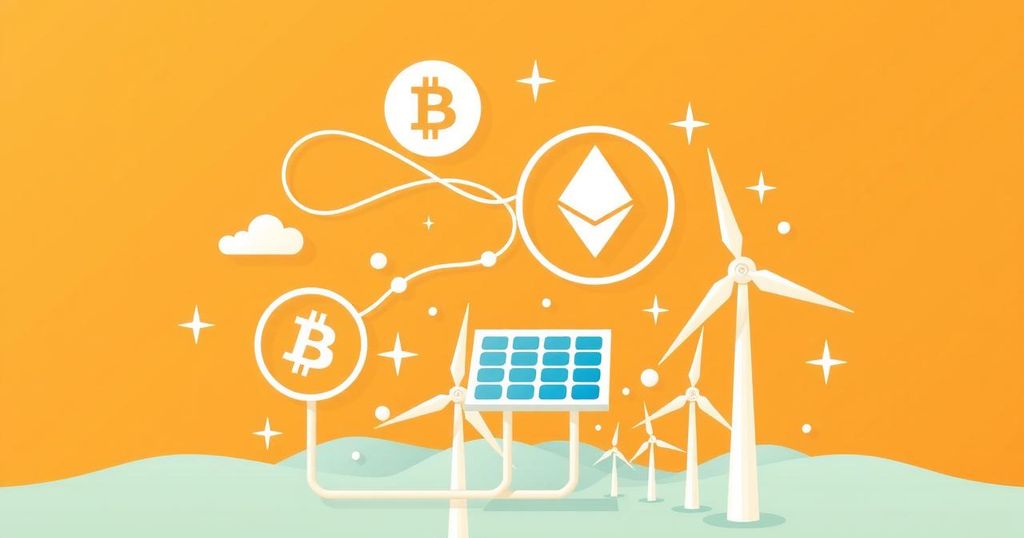Bolivia’s YPFB will use cryptocurrency for energy imports due to foreign currency shortages. This innovative strategy aims to tackle fuel supply issues stemming from reduced natural gas exports. Although transactions have not yet occurred, the initiative seeks to stabilize the energy market amidst economic challenges.
Bolivia’s state-owned energy company, Yacimientos Petrolíferos Fiscales Bolivianos (YPFB), has announced its intention to utilize cryptocurrency for energy imports amid a shortage of foreign currency and fuel. This significant strategy arises as the country faces declining natural gas exports, contributing to fuel scarcity and unrest at gas stations. The decision reflects Bolivia’s efforts to address dwindling foreign reserves and adapt to current economic challenges.
The new cryptocurrency payment system is designed to reinforce national fuel subsidies during these tumultuous times. Despite the absence of executed transactions to date, government representatives have indicated plans to commence this method of payment shortly. This move is part of Bolivia’s broader strategy to stabilize its energy supply chain, a necessity arising from reduced domestic gas production and an increased dependency on fuel imports.
Bolivia, which was previously a net energy exporter, has witnessed a decline in natural gas discoveries, resulting in an increased reliance on fuel imports. Analysis from IndexBox suggests that this trend will continue. The government’s reliance on digital assets for energy procurement aims to stabilize its energy market and ensure a consistent fuel supply in the future, demonstrating Bolivia’s innovative approach to addressing its economic limitations.
In conclusion, Bolivia’s embrace of cryptocurrency for energy imports marks a crucial step in addressing the challenges posed by a scarcity of foreign currency and fuel. By implementing this new transaction system, YPFB aims to alleviate current fuel shortages and strengthen national subsidies. As Bolivia navigates through declining natural gas exports, this forward-thinking approach may serve as a pivotal solution for enhancing energy security in the nation.
Original Source: www.indexbox.io




